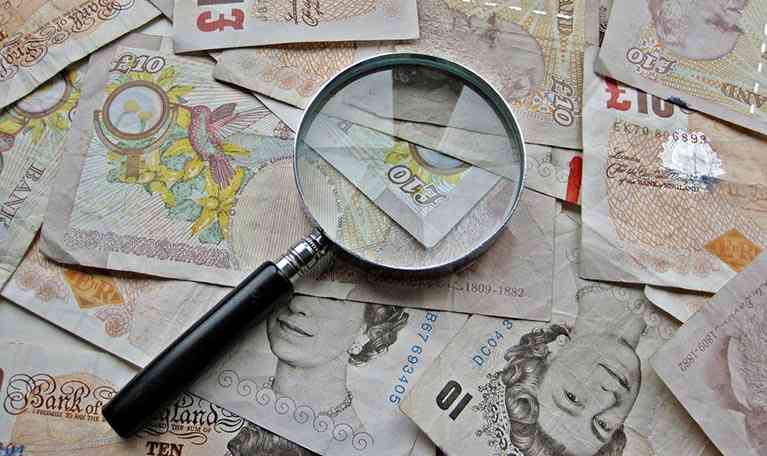Phillip Hammond delivered his post-Brexit UK Budget this week. Although GB Pound Rates remained largely unchanged, however, there were a few patches of volatility when Hammond delivered his assessment on Brexit and the UK growth.

Brexit fund
The conservatives who you would now believe are more than versed in the effects that Brexit is having the UK economy finally put forth a plan to navigate the UK around these troublesome times. Hammond announced a Brexit fund of £3BN in order to cover the UK for every eventuality. The pro-EU chancellor had come under fire from his brexiteer colleagues due to his lack of preparation for a no deal outcome. His change of stance may potentially alarm some who could interpret that the UK is head fast towards a no deal. With negotiations no understood to be at a critical stage the chancellor stated in the house of parliament:
“We have already invested almost £700m in Brexit preparations and today I am setting aside over the next two years another £3bn and I stand ready to allocate further sums if and when needed.
“No one should doubt our resolve.”
Medium-term UK growth revised down
The largest effects on live GB Pound rates were witnessed as the chancellor announced the UK’s GBP forecasts which were revised down. This year’s forecast wound back to 1.5 %, 1.4% in 2018, 1.3% in 2019 and 2020,1.5% in 2021 and 1.6% in 2022 mapping out the predicament the UK economy now finds itself in. A very downbeat outcome for an economy that just a while ago was the strongest growing in the G10.
The admission essentially mapped out the stagnant medium-term economy that the UK can expect. Although any forecast would surely depend on the outcome of Brexit as the implications of a no deal outcome would surely be more profound than if the UK were to leave with a good level of collaboration with the European Union.
The UK property and land market – first-time buyers
As the somewhat of the underpinning of the UK economy the UK property market and revered UK stamp duty typically receive a mention during the budget. The Chancellor announced an exclusion on properties costing up to £300,000 and the first £300,000 for properties costing up to £500,000 presumably with London first time buyers in mind.
Also, always in focus is the UK requirement for more housing, with some experts saying that the UK would need to create a minimum of 200,000 units to keep up with demand for housing. The lack of supply over the modern era fuelling a nationwide rise real price rise of 151% since 1996.Therefore the chancellors pledge to create 30,000 more homes a year over the next ten years will fall well short of the experts’ required figure.
To assist in the development of new UK property the chancellor pledged to get tougher on developer’s speculative land banks inventories. From this week on any land held purely for speculation purposes will be subject to compulsory purchase where required.
GB Pound rates v US Dollar
Over the week the pound performed well against the US Dollar closing at 1.33, just a few cents behind it year high of 1.3593 and way off the years low of 1.2048 in January. The dollar came under pressure this week following poor durable goods orders and a rather dovish FOMC meeting minutes. Essentially the week’s movement has been fuelled by Dollar weakness rather than Sterling strength.
A touch of volatility was seen during the budget with GBP/USD dipping from 1.3251 to 1.3222 however the pound weakness was short lived.
GB Pound rates v Euro
Unlike against the US Dollar the Pound was unable to gain much headwind against the Euro despite the difficulties Chancellor Merkel’s has had cobbling a government together. GB pound rates continue to swim against the tide of the euro with the pound month high being 1.1444 and the low being 1.1102. The Pound continues to battle against Brexit rhetoric and a raft of positive Eurozone data which this week included, flash manufacturing and services PMI plus German IFO business climate. All of which exceeded the target.